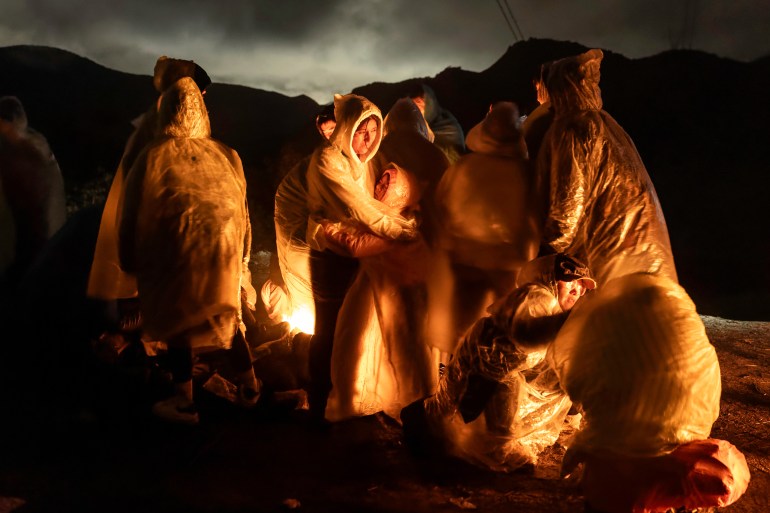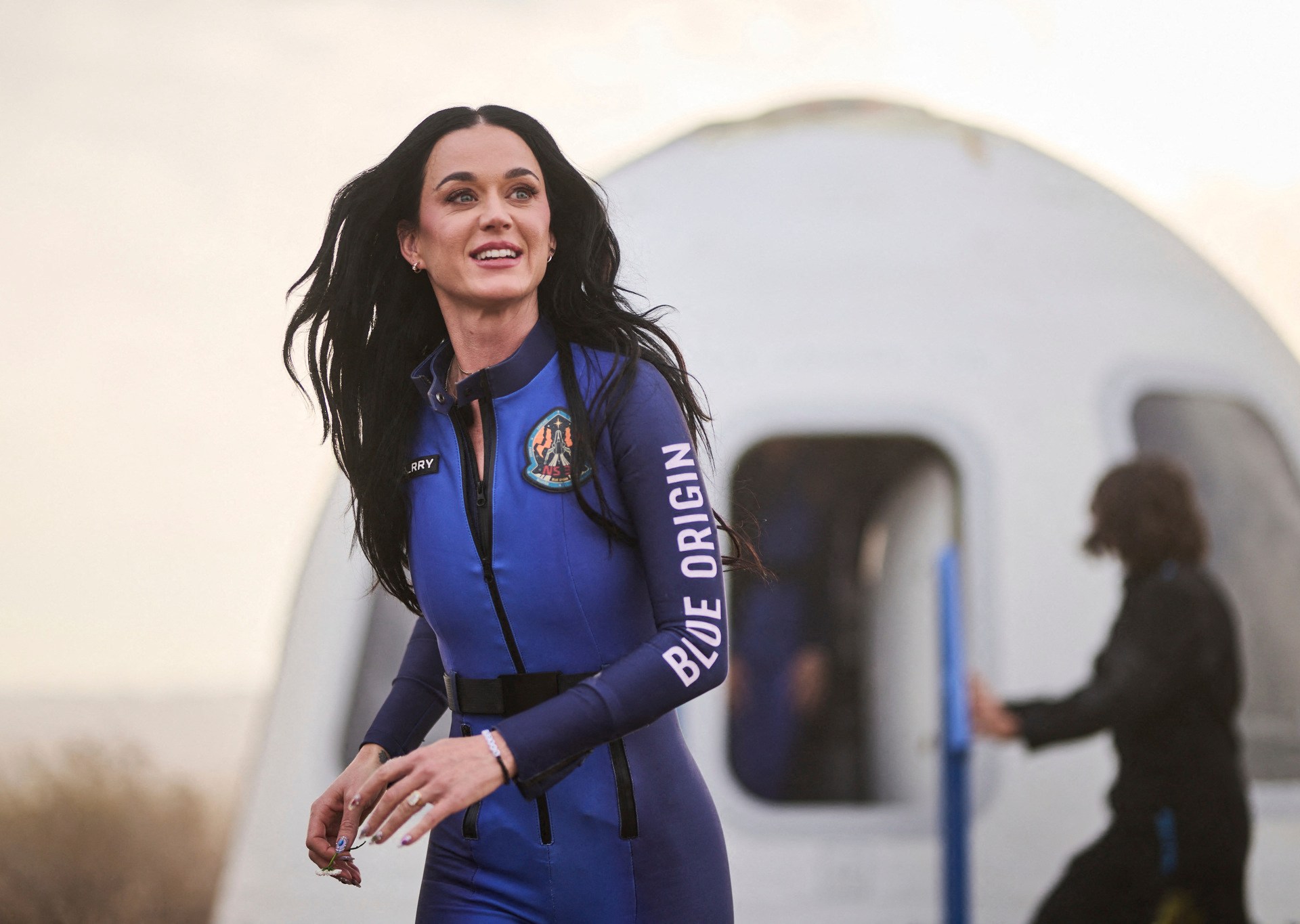The solemn portrait of a nine-year-old Palestinian boy, whose arms were severed and mutilated during an Israeli attack on Gaza City, has won the 2025 World Press Photo of the Year award.
The picture, given the accolade on Thursday, was taken by Samar Abu Elouf for The New York Times newspaper, and depicts Mahmoud Ajjour.
“One of the most difficult things Mahmoud’s mother explained to me was how when Mahmoud first came to the realisation that his arms were amputated, the first sentence he said to her was, ‘How will I be able to hug you’?” said Abu Elouf.
Ajjour was evacuated to Doha, Qatar, following the Israeli explosion in March last year, an attack in the continuing war that has killed at least 51,025 Palestinians, wounded about 116,432 others and reduced much of the enclave to rubble.
The photographer is also from Gaza and was herself evacuated in December 2023. She now takes photos of badly wounded Palestinians based in Doha.
“This is a quiet photo that speaks loudly. It tells the story of one boy, but also of a wider war that will have an impact for generations,” said Joumana El Zein Khoury, World Press Photo’s executive director.
The jury praised the photo’s “strong composition and attention to light” and its thought-provoking subject matter, especially questions raised over Mahmoud’s future.
It also lauded how the photo depicts “the dehumanisation of a region, and about the relentless targeting of journalists in Gaza alongside the continued denial of access to international reporters seeking to expose the realities of this war”.
The boy is now learning to play games on his phone, write, and open doors with his feet, but still needs special assistance for most daily activities, such as eating and dressing, the jury said.
“Mahmoud’s dream is simple: he wants to get prosthetics and live his life as any other child,” said the World Press Photo organisers in a statement.
The statement cited the United Nations Works and Relief Agency (UNWRA)’s recent estimation that by December last year, Gaza had more child amputees per capita than anywhere else in the world.
“Children are disproportionately impacted by the war,” the jury stated.
Runner-up prize
The jury also selected two photos for the runner-up prize.
The first, entitled “Droughts in the Amazon” by Musuk Nolte for Panos Pictures and the Bertha Foundation, shows a man on a dried-up river bed in the Amazon carrying supplies to a village once accessible by boat.
The second, “Night Crossing” by John Moore shooting for Getty Images, depicts Chinese migrants huddling near a fire during a cold rain after crossing the US-Mexico border.
The jury sifted through 59,320 photographs from 3,778 photojournalists to select 42 prize-winning shots from around the world.
Nairobi-based Luis Tato won in the “Stories” category for the Africa region for a selection of photos depicting Kenya’s youth uprising.
Jerome Brouillet won in the “Singles” category Asia Pacific and Oceania for his iconic picture of surfer Gabriel Medina seemingly floating above the waves.
Clarens Siffroy won in the “Stories” category North and Central America for his coverage of the gang crisis in Haiti.

